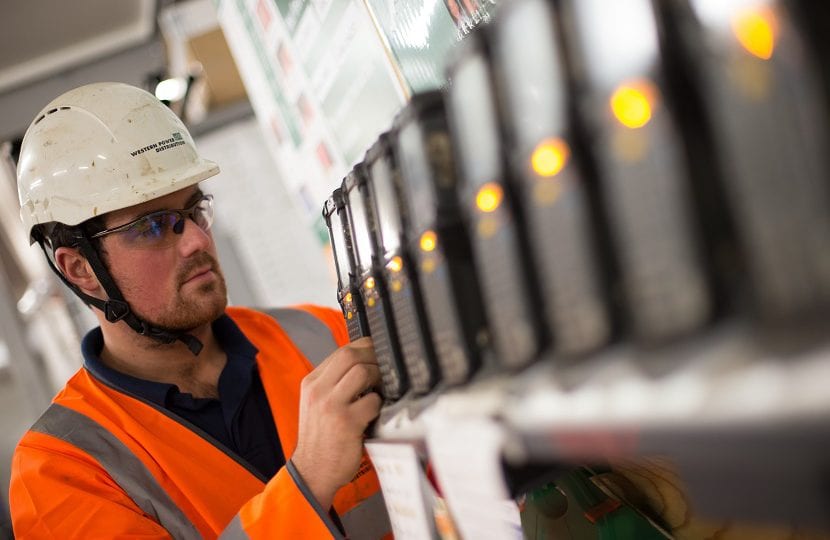Using the apprenticeship levy to build confidence in Utilities
The apprenticeship levy is set to change the face of the UK's workforce when it takes effect this year, but how will it affect the Utilities sector?
6th January 2017 by Networks

Currently, there is a well-documented lack of consumer confidence in the sector. Organisations have the chance to change this using the apprenticeship levy. Rather than being viewed as a tax, it should be used as an investment opportunity to improve a section of the business that needs attention. Field operations of utilities businesses are already well provisioned by apprenticeship programmes – it’s already part of the industry’s culture for roles such as engineers, but the opportunity lies in other areas such as customer contact.
Many customers only speak to a member of a utilities company when something goes wrong. The call handling must be sophisticated enough to deal with someone who is already at a high level of stress.
By drawing down on funds from the levy, organisations can effectively professionalise customer contact centres and therefore drive an improvement in the customer experience.
Putting apprentices on a structured training programme will combat the commonly high staff attrition rates in call centres. They are more likely to stay in the organisation for longer if the programme includes recognised qualifications and gives them a career path. The knock-on effect of this is that when the customer calls in, they have a better experience with better-trained staff.
Teaching on a longer programme also results in more data and learner analytics, useful for meeting the regulation surrounding how companies treat customers. There will be continual test points and knowledge checks along the programme, and each of these produces data that can be analysed. This can be used to demonstrate to regulatory bodies that the company is doing everything possible to create the best customer experience.
As the apprenticeship programmes aren’t just for new starters, existing staff can benefit. If there is someone working in finance with no relevant formal qualifications, they could be put on a programme that includes the professional standards.
The apprenticeship levy can also make utilities a more attractive sector for school leavers. Utilities isn’t one of the most desirable options for a school leaver looking for a job, as the benefits of a stable job and pension plans are less of a priority when there are more ‘popular’ brands.
In a post-levy world, 18 year olds with A-levels of grade A-C will be an extremely sought after commodity, with all different sectors competing for the same number of people. In the first instance getting a good apprenticeship programme from a reputable supplier with a good, recognisable qualification is hugely important, but it might also push utilities organisations to look at different ways to recruit.
Pre-employment programmes are an option available to create a pipeline for apprentices. There is funding available for companies to take a young person not currently in employment or education and deliver some classroom learning, a work experience placement, and then an interview with the company. This kind of bespoke programme can be set up to benefit both the organisation and the trainee, who get the chance to experience working together, and the trainee also potentially leaving with some qualifications. With a great pre-employment programme, you can then move those trainees into an apprenticeship programme.
To avoid being behind the curve when the apprenticeship levy comes into force in April 2017, organisations in the sector should start planning how they can make the most of this opportunity now.
Comments
Login on register to comment
Related content

Gas
From the front line: Chris Garside and Andy Simcoe, Northern Gas Networks
Key workers across the power and gas networks are playing a critical role in the national response to Coronavirus. Network has committed to profiling their stories.

Heat
New construction director at Switch2 Energy
Appointee brings experience from Vattenfall and Eon

Gas
Call for key worker nominations
Network magazine to celebrate dedication of critical staff
![‘Learning by doing’ on the road to net zero [test product]](https://networksonline.s3.amazonaws.com/products/images/3.jpg)
